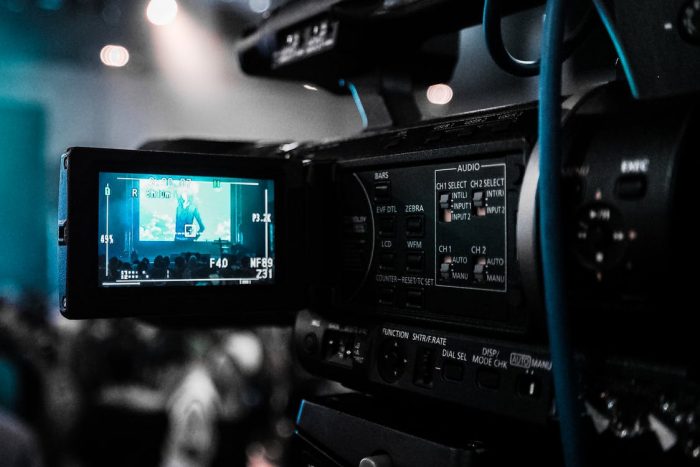Is It Better to Learn Modern Standard Arabic or a Dialect?
So, you have decided to take the leap and learn Arabic (a great move, especially if you are doing so for professional reasons), but now you are faced with the decision of which variety to learn. Arabic is spoken in more than 20 countries, from the Middle East to North Africa, and each region has its own dialect (which can differ even from town to town).
This makes it hard to choose the best form to learn, and things get even more complicated when you take Modern Standard Arabic into account. Also known as MSA, this is a standardised version of the language used in formal speech and mainly in writing across the Arab world as a means of making communication simpler between Arabic-speaking populations. Conversely, dialects are considered more informal but can be more popular in localised regions.

Photo via Pexels
Which one is better to learn, then? Keep on reading and find out some of the pros and cons of learning a dialect vs Modern Standard Arabic as a native English speaker.
Pros of Learning MSA
- By acquiring Modern Standard Arabic, you have greater access to Arab media, academic papers and official documents. MSA is particularly helpful, then, for academics, journalists and researchers who want to explore written documents and the literature of the Arab peninsula.
- Unlike local varieties, MSA is always grammatically consistent, so it makes it easier to acquire rules and master them in a relatively short time.
- MSA is considered to be the language of the Qur’an, so being proficient will give you a more accurate view of Islam.

Photo via Pexels
- There are countless resources to learn MSA, especially when compared with the number of available materials to learn a specific dialect.
- MSA is understood by almost the whole MENA region, even if many prefer to speak their own dialect.
Cons of MSA
- It’s a difficult language for English speakers to acquire (after all, you will have to deal with a whole new alphabet).
- You won’t find many opportunities to practise with native speakers because MSA is not really spoken but written.
Pros of Learning an Arabic Dialect
- If you plan to travel to Egypt and you learn the Egyptian dialect, you will be using the language at all times. Unlike MSA, dialect is used for informal, every day, spoken communication.
- Dialects are less formal than MSA and, so, tend to have fewer grammatical rules, meaning some people find dialects easier to learn.
Cons of Learning an Arabic Dialect
- Logically, learning a regional variety will only be useful in the area in which it is used, as most dialects, such as Egyptian Arabic and Moroccan Arabic, are not mutually intelligible with each other. If you commit to learning a local variety instead of MSA, you may find yourself back to square one if you later decide to move or visit another Arabic-speaking region.
- If you want to watch movies or TV series in Arabic to improve your listening comprehension or just for fun, your options will be much more limited, as most shows are filmed using MSA.

Photo via Pexels
- Similarly, you won’t find as many learning materials to practise at home, unless you intend to master a more well-known, widespread variety of Arabic, such as Egyptian.
- If you are an organised and logical learner, studying a dialect can be tricky, as many don’t follow strict rules or patterns.
So, which one should I learn?
This depends entirely on your objectives and reasons for wanting to learn Arabic. If you are doing it because you love languages, travel and/or want to speak with as many people as possible, MSA will give you a solid foundation in the origins of this language and help you acquire different dialects in the future. Almost wherever you go in the Arab-speaking world, locals will be able to understand you, even you can’t always understand everything they say back. You will also have a greater access to Arab media and entertainment.
However, if you are planning on moving to an Arabic-speaking country, working for an Arab organisation or want to connect with Arab family members, then you will probably be better off learning the appropriate local dialect. Doing so will not only equip you with the correct vocabulary and expressions, but also the cultural knowledge to connect with people and society more closely.
